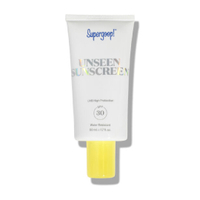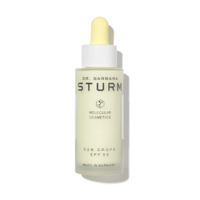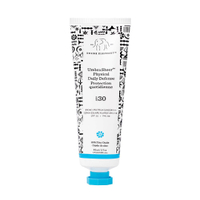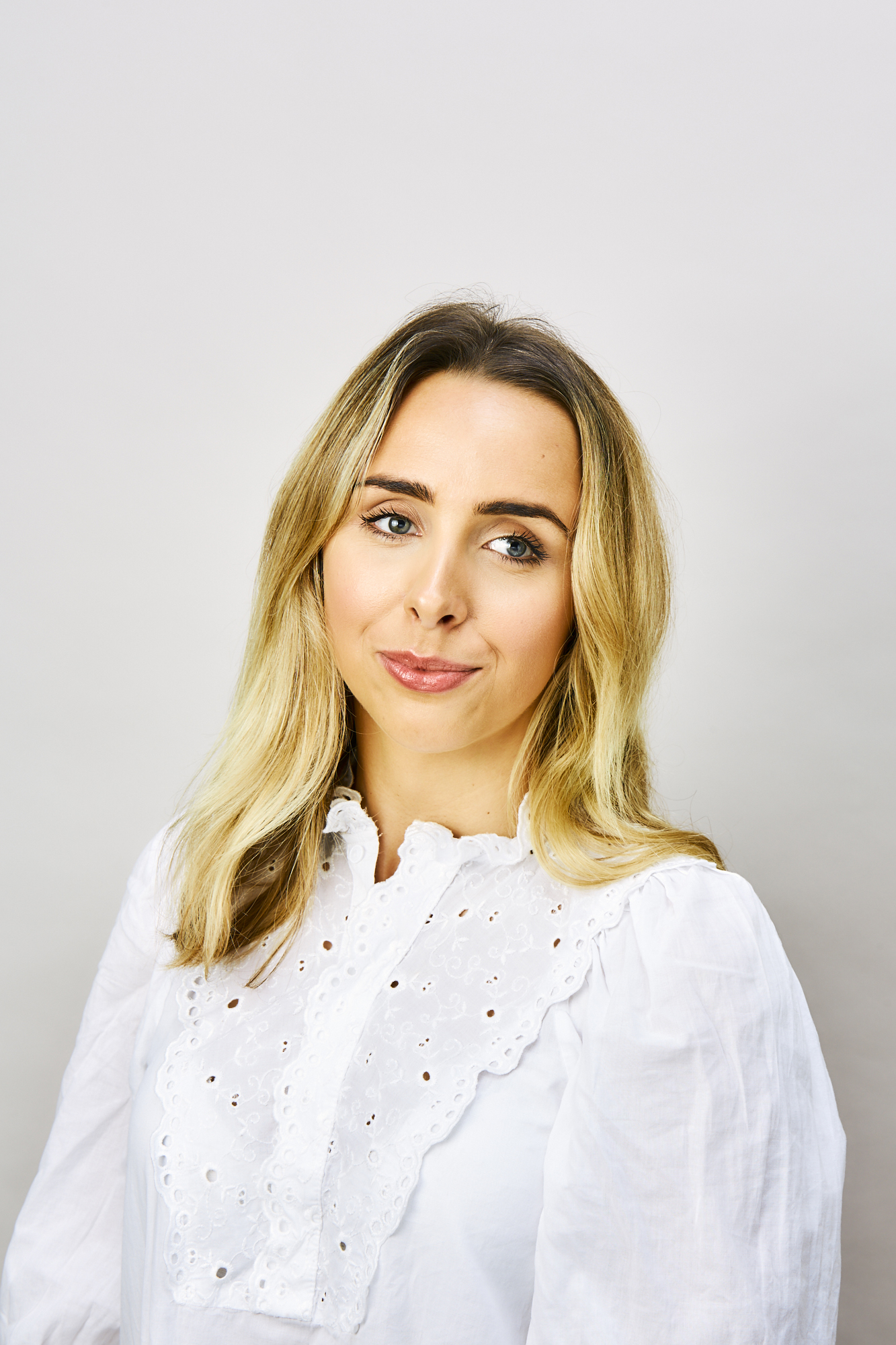These are the four sunscreen ingredients to avoid, according to industry experts
Not all SPF is created equal and there are certain sunscreen ingredients that can wreak havoc with your skin (or the environment)
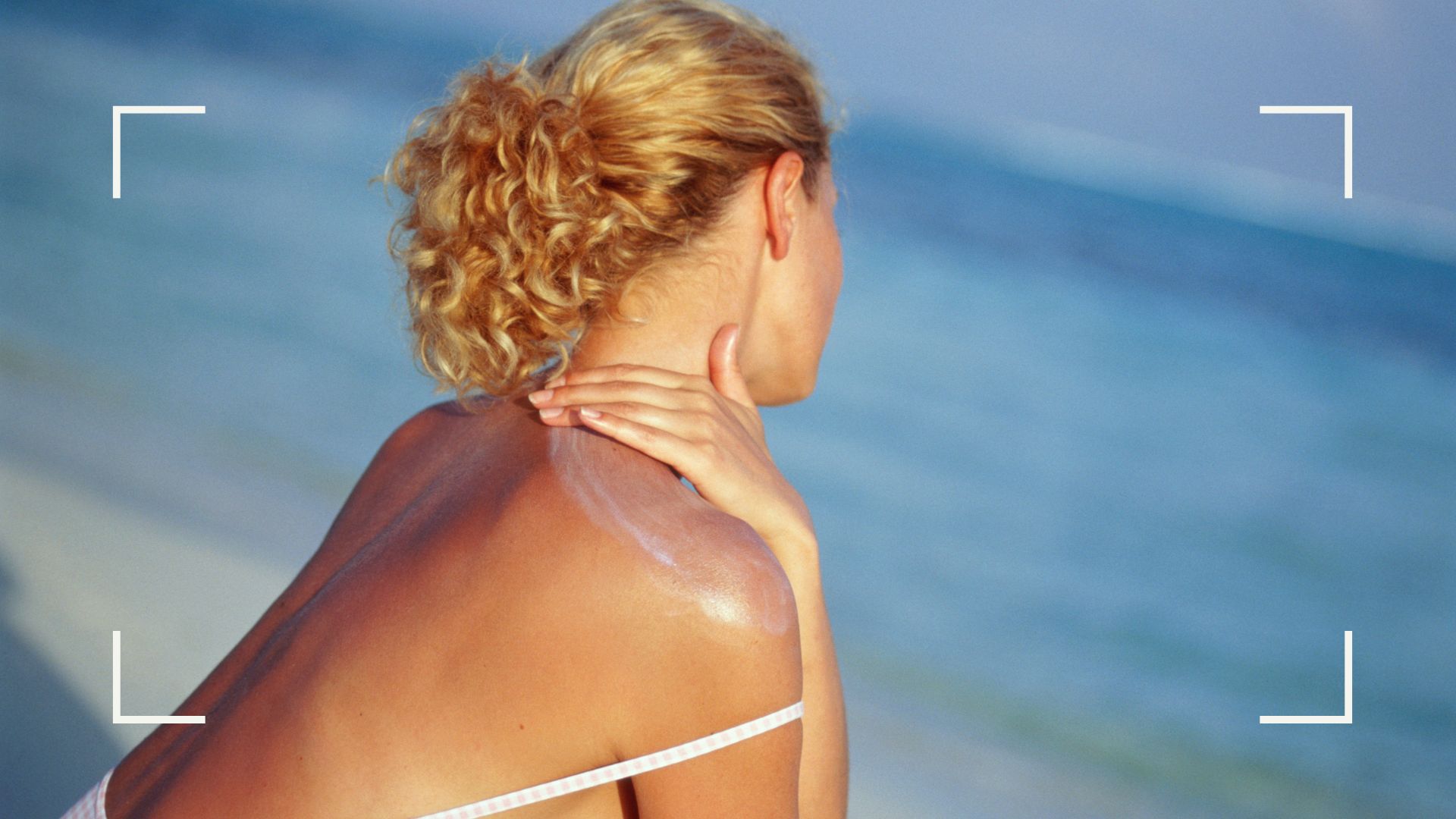

Not all SPF is created equal. There are certain sunscreen ingredients to avoid that, according to dermatologists, can potentially irritate skin and cause harm to the environment. To find a formula that’s kind-to-skin with reef-safe filters, swot up on these ingredients before sunscreen shopping.
Any good sunscreen will provide broad-spectrum protection, but the best facial sunscreen will also be free from known irritants and ingredients that can harm the environment. Not always easy to identify, the experts recommend checking the bottle’s INCI list for fragrance, alcohol, retinyl palmitate, oxybenzone and avobenzone before making a purchase.
To gain a deeper understanding of these sunscreen ingredients (and why they should be avoided), we spoke to aesthetic doctors Dr Maryam Zamani and Dr Sophie Shotter as well as advanced facialist Mariam Abbas and skin cancer specialist Dr Paul Banwell. Here’s what they had to say…
Sunscreen ingredients to avoid, according to the experts
As we know, “it is essential to wear sunscreen every day, even when it’s cloudy,” says Zamani. “This healthy habit will help prevent premature skin ageing, uneven pigmentation and skin cancer.” But shopping for SPF isn’t always simple. Not only do we have to decide between sunscreen lotion vs spray, but we also have to filter out the best formulas from the rest. To help, the experts break down the key sunscreen ingredients to avoid below.
1. Fragrance
If you’re following a skincare routine for sensitive skin, you’ll already know that fragrance is a big no-no. A common allergen, the best sunscreens for sensitive skin will be fragrance-free. “Fragrance can be very irritating for many skin types,” confirms Shotter, “and it doesn’t serve a useful purpose.” It is simply used to scent our products. “As well as causing irritation, fragrance can leave the skin sensitised,” adds Abbas who says it should be avoided in all skincare products, not just sunscreen. Many of the best sunscreens for oily skin are also fragrance-free.
2. Alcohol
Alcohol as a main ingredient in sunscreen can be problematic for the skin. “It is very dehydrating and can disrupt the skin’s barrier and microbiome,” says Shotter. It’s important to note here that there are different types of alcohol used in skincare (some, like fatty alcohols, are kinder to skin than others). In SPF, be wary of alcohol denat – a drying alcohol that is used to make the product feel less greasy.
3. Oxybenzone/Octinoxate
“Oxybenzone (BP-3) and octinoxate (OMC) are two chemical UV filters that have been banned in certain regions for fear of their toxic effects on the marine ecosystems,” says Zamani. Known to damage coral reefs and contribute to coral bleaching, the experts recommend seeking out reef-safe sunscreens that contain mineral filters, like zinc oxide or titanium dioxide, instead.
Sign up to our free daily email for the latest royal and entertainment news, interesting opinion, expert advice on styling and beauty trends, and no-nonsense guides to the health and wellness questions you want answered.
“Oxybenzone is an ingredient to avoid as it is easily absorbed by the skin and enters the bloodstream. It can disrupt your hormones as well as causing terrible harm to the environment," agrees Skin cancer expert Dr Paul Banwell, who runs The Banwell Clinic. “I would also avoid Octinoxate, which is harmful to coral reefs and can cause skin allergies."
4. Avobenzone
Avobenzone is a broad-spectrum UV protector used in chemical sunscreens to absorb harmful UVA rays as well as UVB rays. The downside? “It breaks down quickly in the sun,” warns Zamani, “and loses 50% of its particles after one hour of UV exposure.” This means it will only protect skin from UV rays for a short amount of time. Certain formulas will use avobenzone alongside other chemicals to boost its efficacy.
Beauty editor approved sunscreens to try now
Supergoop Unseen Sunscreen SPF 30 | RRP: $39.60/£34
A great pick for every day, this lightweight sunscreen has a velvety texture that sinks in speedily to minimise shine and protect skin from UVA and UVB rays. It’s also reef-safe and the formula is free from alcohol, parabens and artificial fragrance.
Dr Sturm Sun Drops SPF 50 | RRP: $150/£115
Yes, they’re expensive. But Dr Barbara Sturm’s fragrance-free Sun Drops are a skincare-sunscreen two-in-one that protect skin from harmful UV rays while also calming and soothing skin with cassia extract, vitamin E and beta-glucan.
Drunk Elephant Umbra Sheer Daily Defence SPF30 | RRP: $34/£29
Oxybenzone-free, this Sheer SPF 30 is reef-safe and free from fragrance, parabens and chemical filters. A great choice for sensitive skin, the gentle yet hard-working formula is laced with hydrating marula oils and raspberry seed. To flag, it does contain cetearyl alcohol, but this is a harmless fatty alcohol that helps keep the other ingredients stable.
Emma Stoddart is a freelance beauty journalist and self-confessed skincare aficionado with over five years’ industry experience. Emma has worked for some of the UK’s top women’s titles including Net-A-Porter, Stylist and Grazia. Her experience spans online and print as well as producing editorial shoots with some of the industry’s biggest artists, including Val Garland. Asides from working with them behind the scenes, she’s also had the chance to interview the likes of Patrick Ta, Pat McGrath, and Sam McKnight for all their insider tips and tricks.
